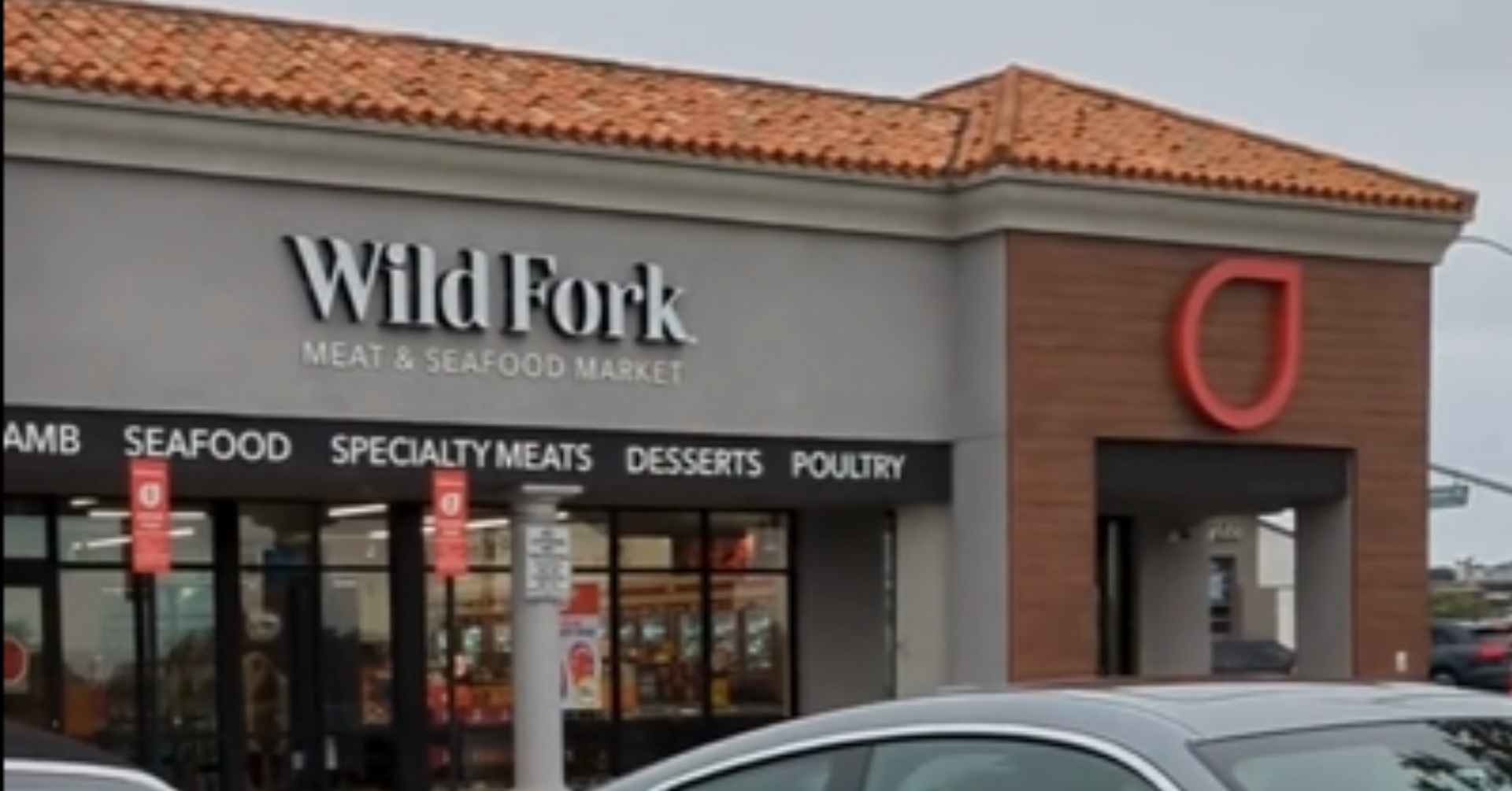This is a linkpost for https://rethinkpriorities.org/publications/quantifying-and-prioritizing-shrimp-welfare-threats The report is available on the Rethink Priorities website and as a pdf here. |
[published June 2024, updated July 2024]
Summary
This is the fourth report in the Rethink Priorities Shrimp Welfare Sequence. In this report, we quantify the suffering caused to shrimp by 18 welfare threats to assess which welfare issues cause the most harm.
See a complete description of the methodology here. We focused on penaeid shrimp in ongrowing farms and broodstock facilities. Incorporating uncertainty at each step of the model, we estimated the prevalence, intensity, and duration of pain caused by each welfare issue. The intensity was based on the Welfare Footprint Project’s Pain-Track categories, and ‘pain’ refers to their definition of pain, encapsulating both physical and mental negative experiences (Alonso & Schuck-Paim, 2024a). We collapse different pain type estimates into a single metric: ‘Disabling-equivalent pain’. See the results in Figure 1.

The average farmed shrimp spends 157 hours in disabling-equivalent pain (90% Subjective Credible (equal-tailed) Interval (SCI): [28, 356]). If we assume that 608 billion penaeid shrimp die on ongrowing farms annually (i.e., including those that die pre-slaughter; Waldhorn & Autric, 2023) then mean values imply that they experience 95 trillion hours of disabling-equivalent pain a year (90% SCI: [17 trillion, 216 trillion]).
The highest-ranking threats are chronic issues that affect most farmed shrimp. The top three are high stocking density, high un-ionized ammonia, and low dissolved oxygen. Threats ranked lower are broadly acute, one-off events affecting only a subpopulation (e.g., eyestalk ablation, which affects only broodstock). However, the credible intervals are too wide to determine the rank order of most welfare issues confidently.
Read the rest of the report on the Rethink Priorities website as a pdf here.




